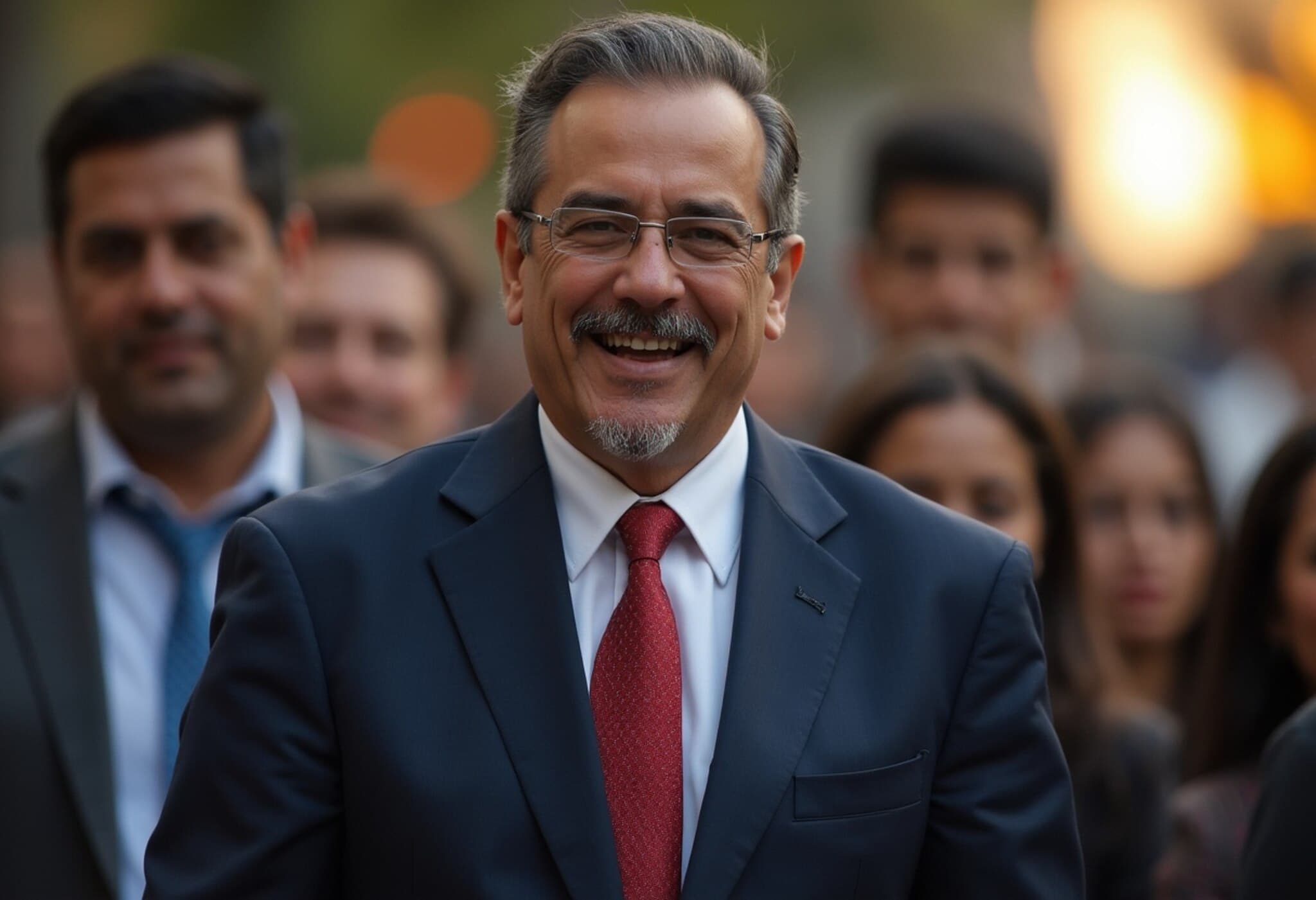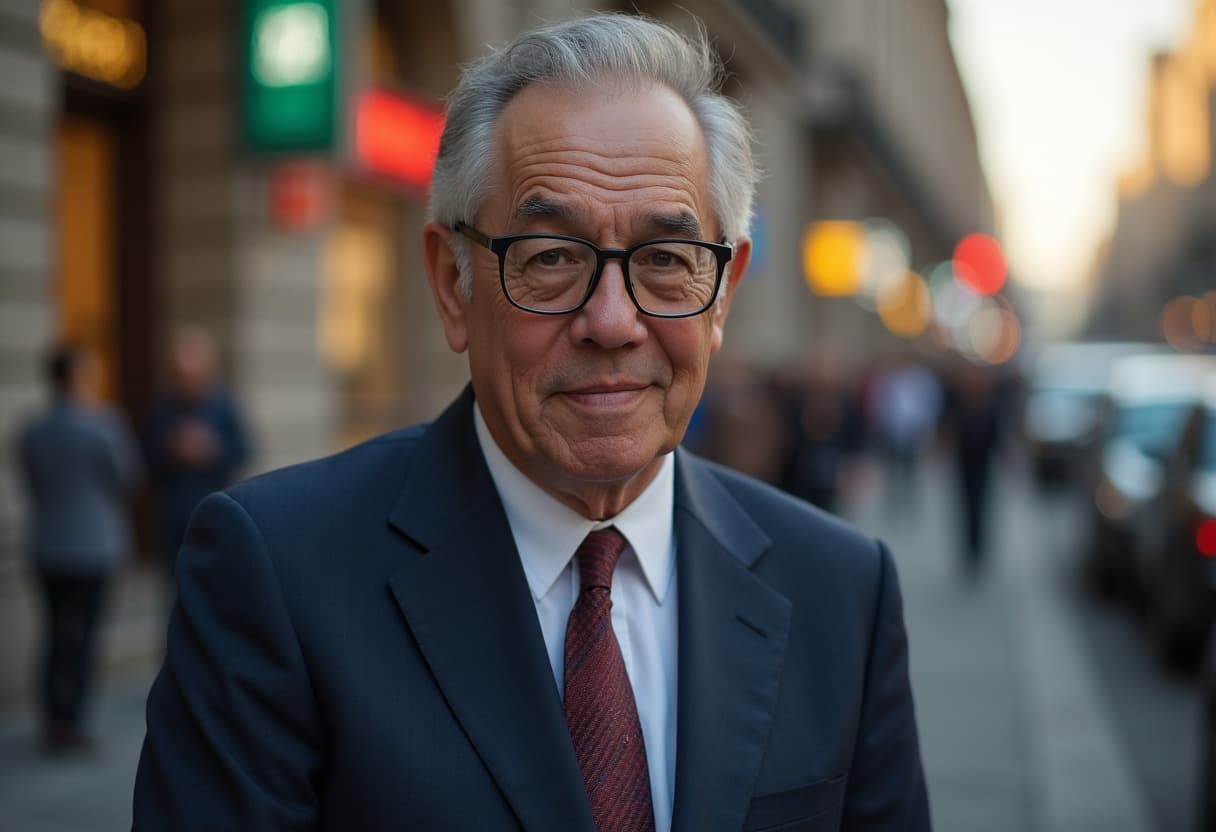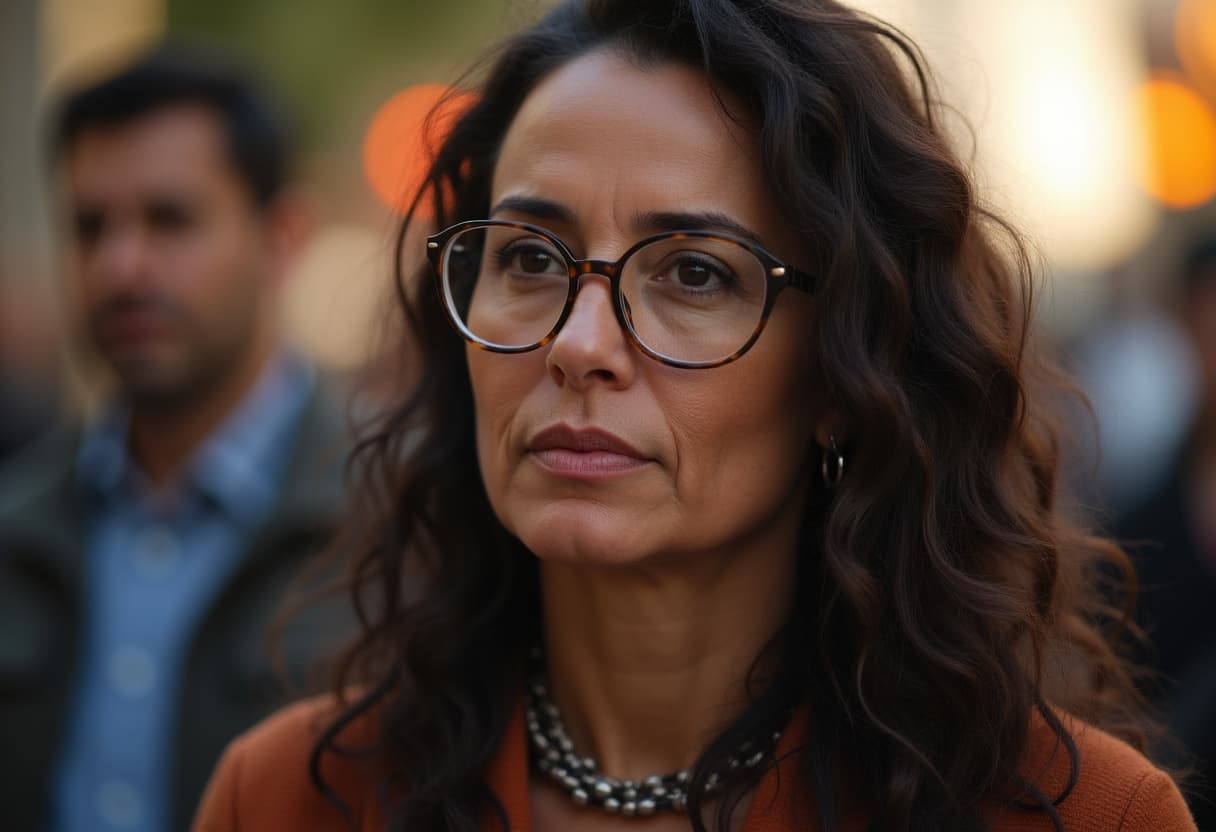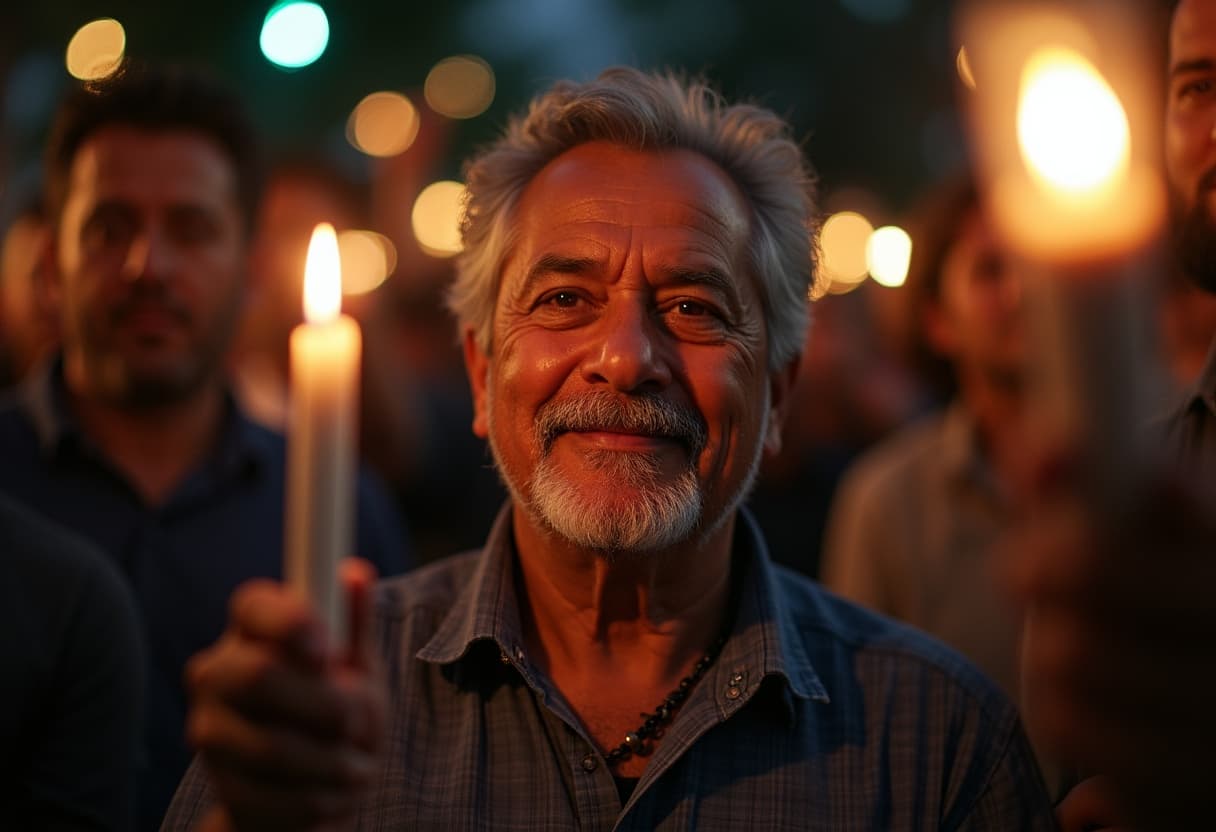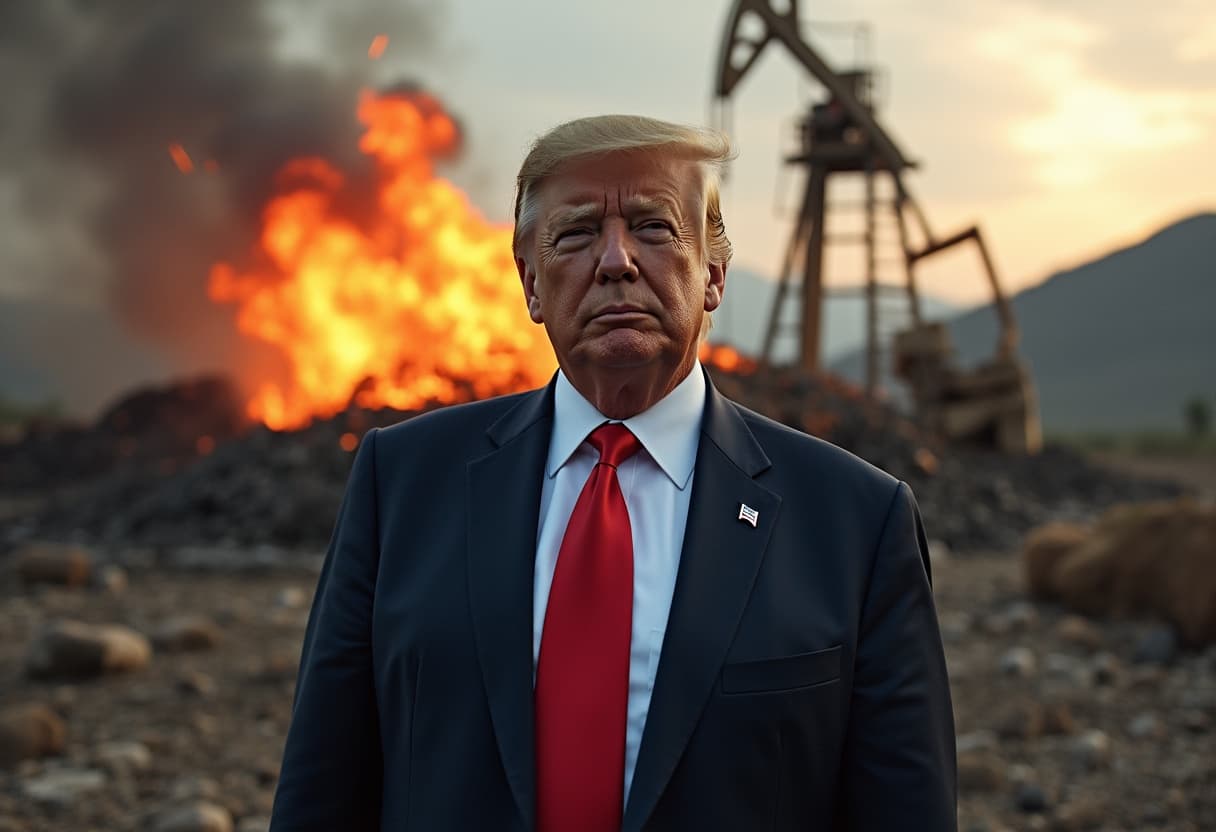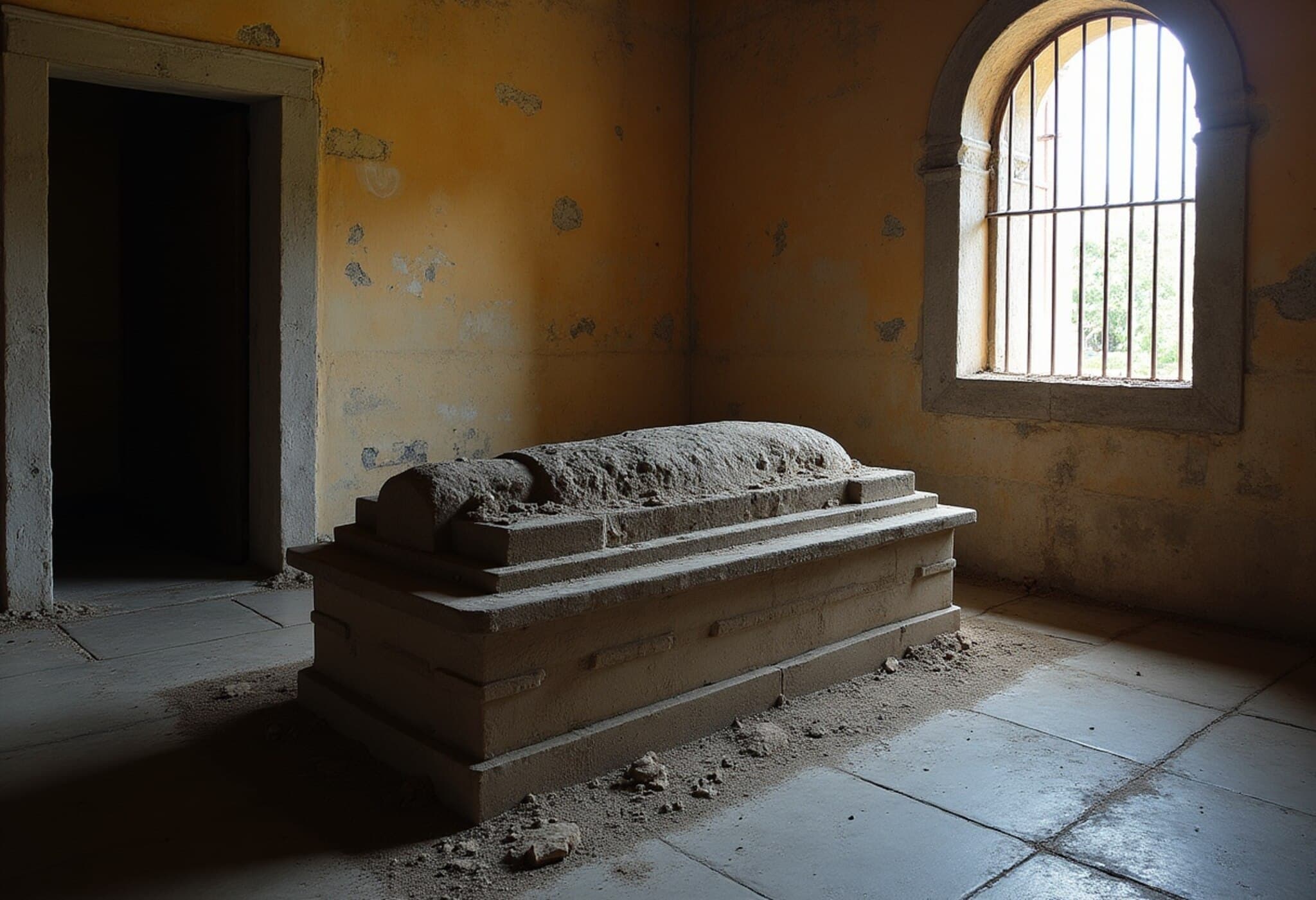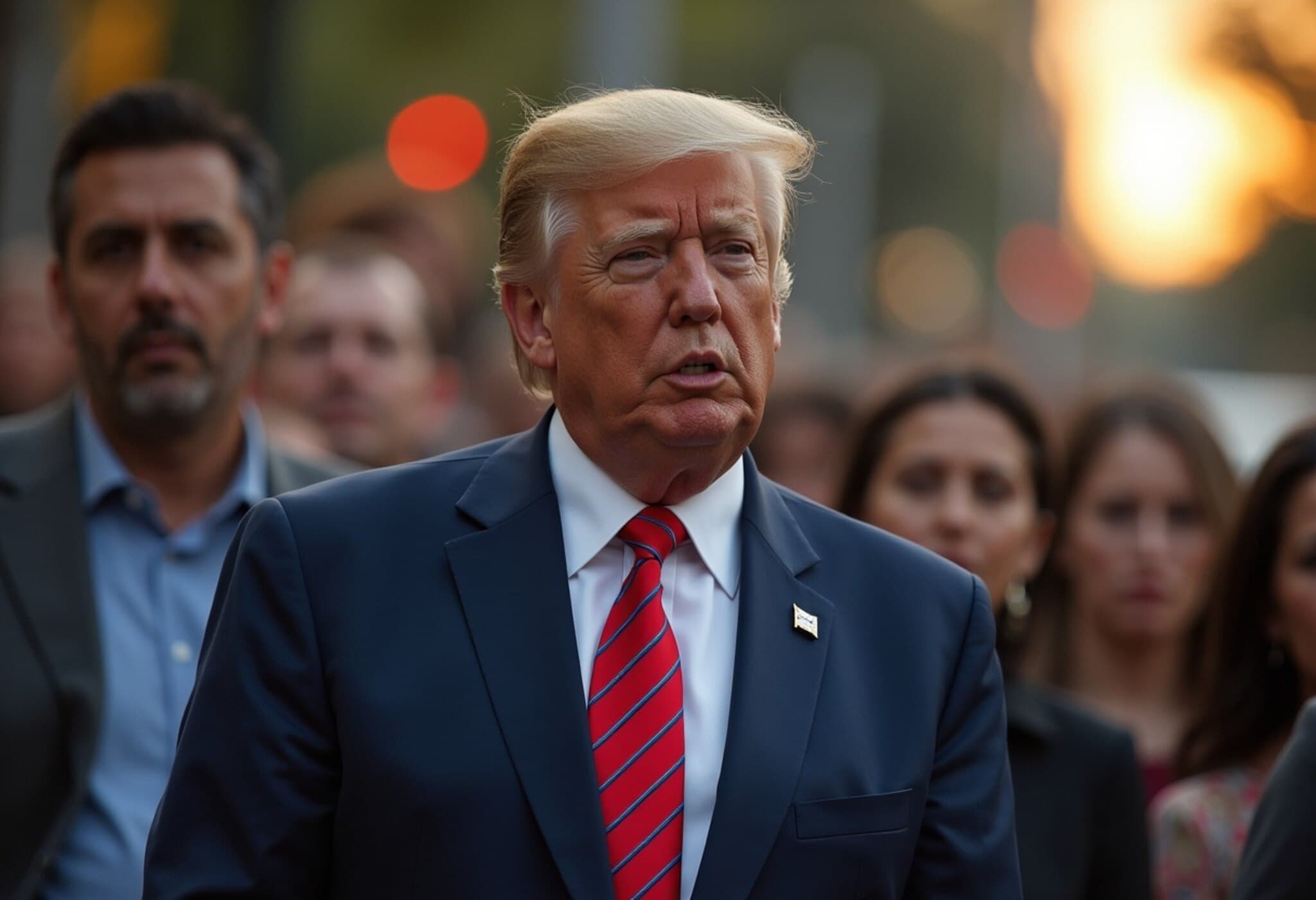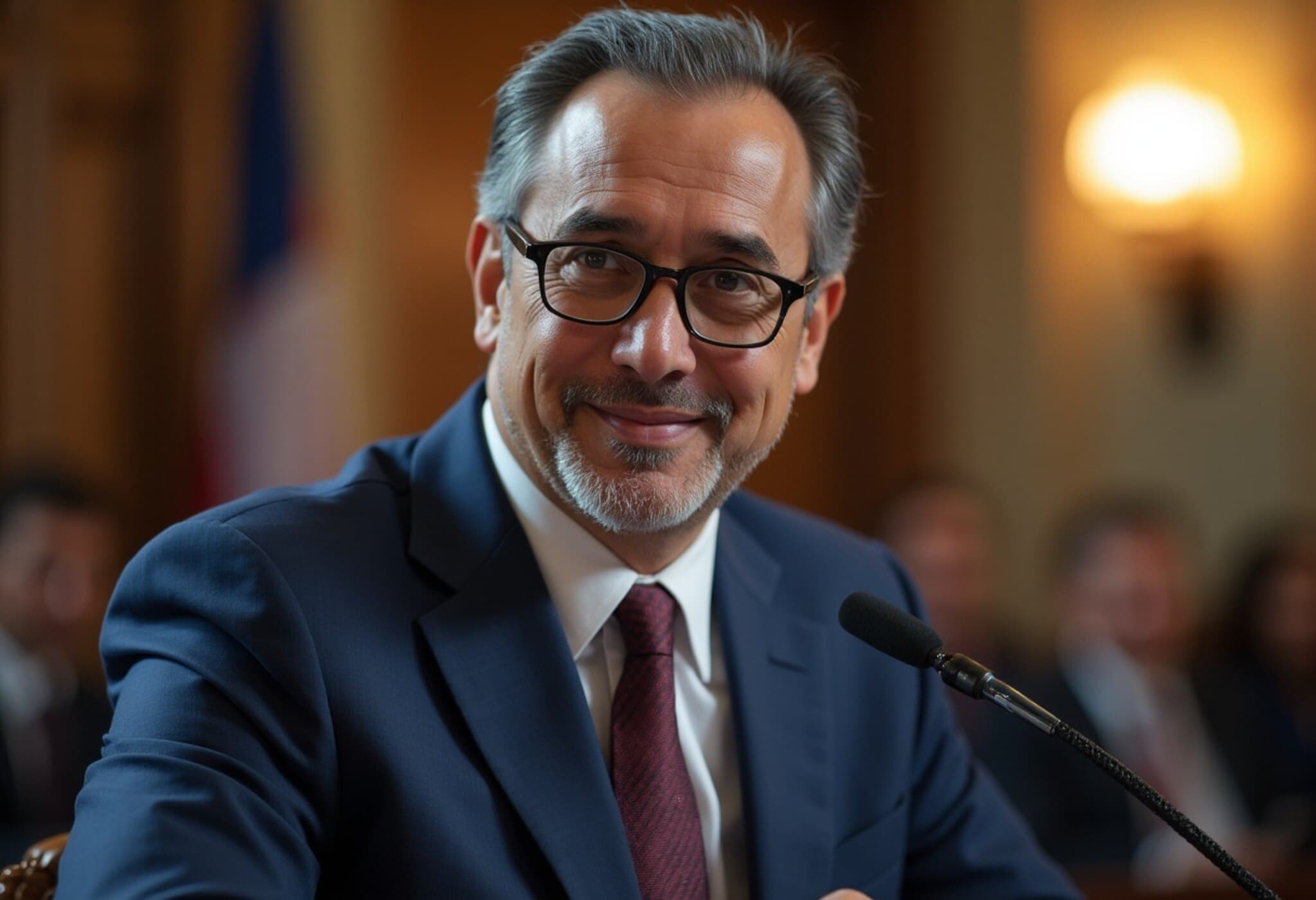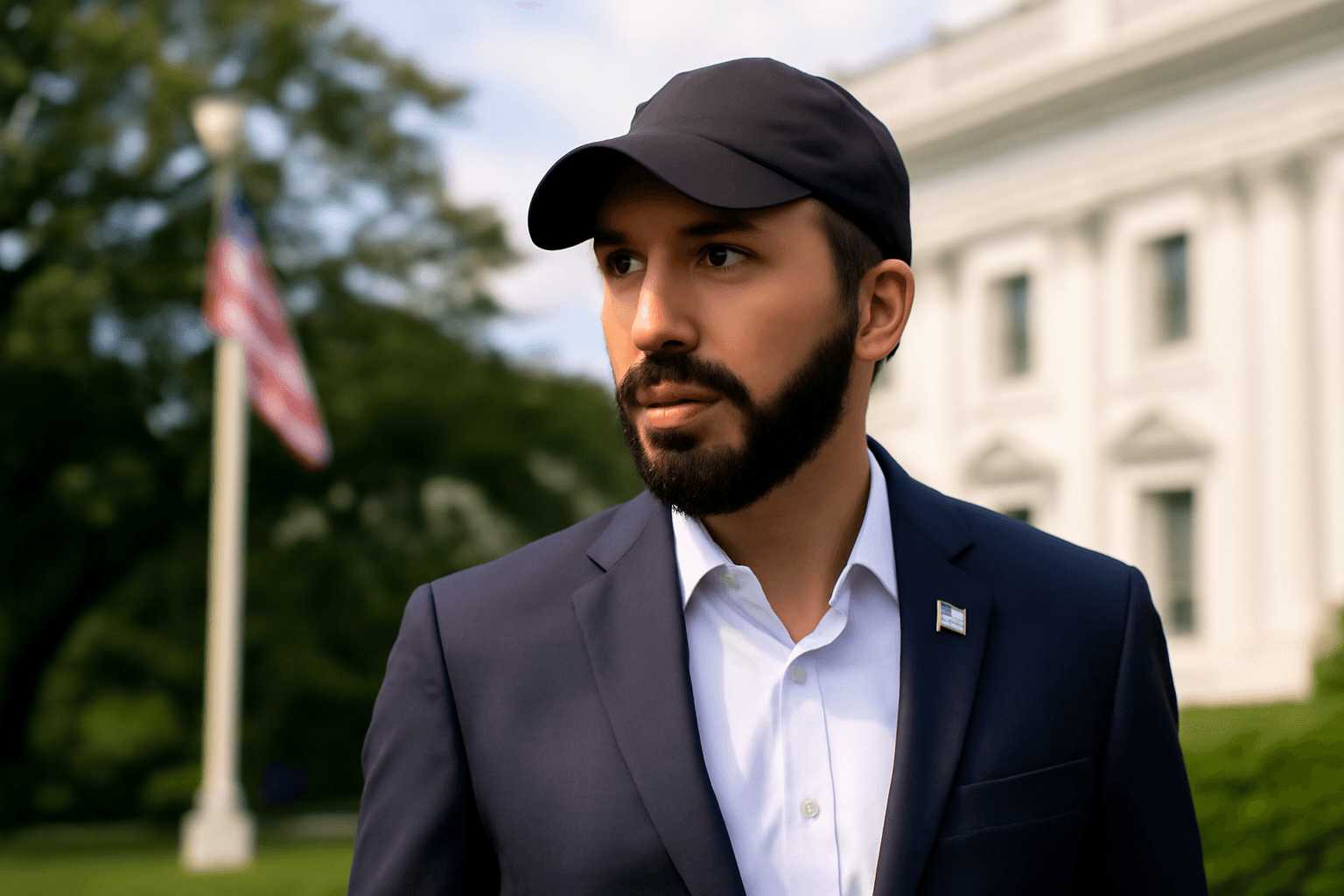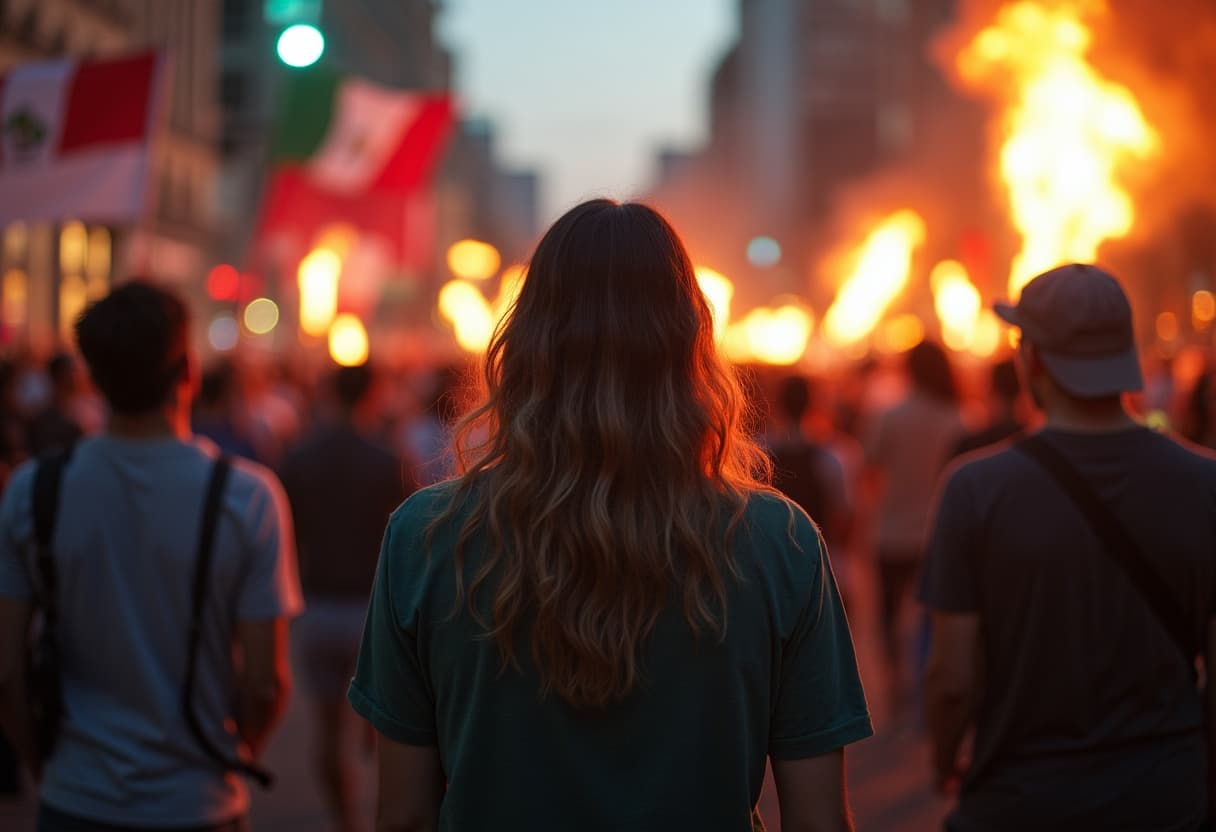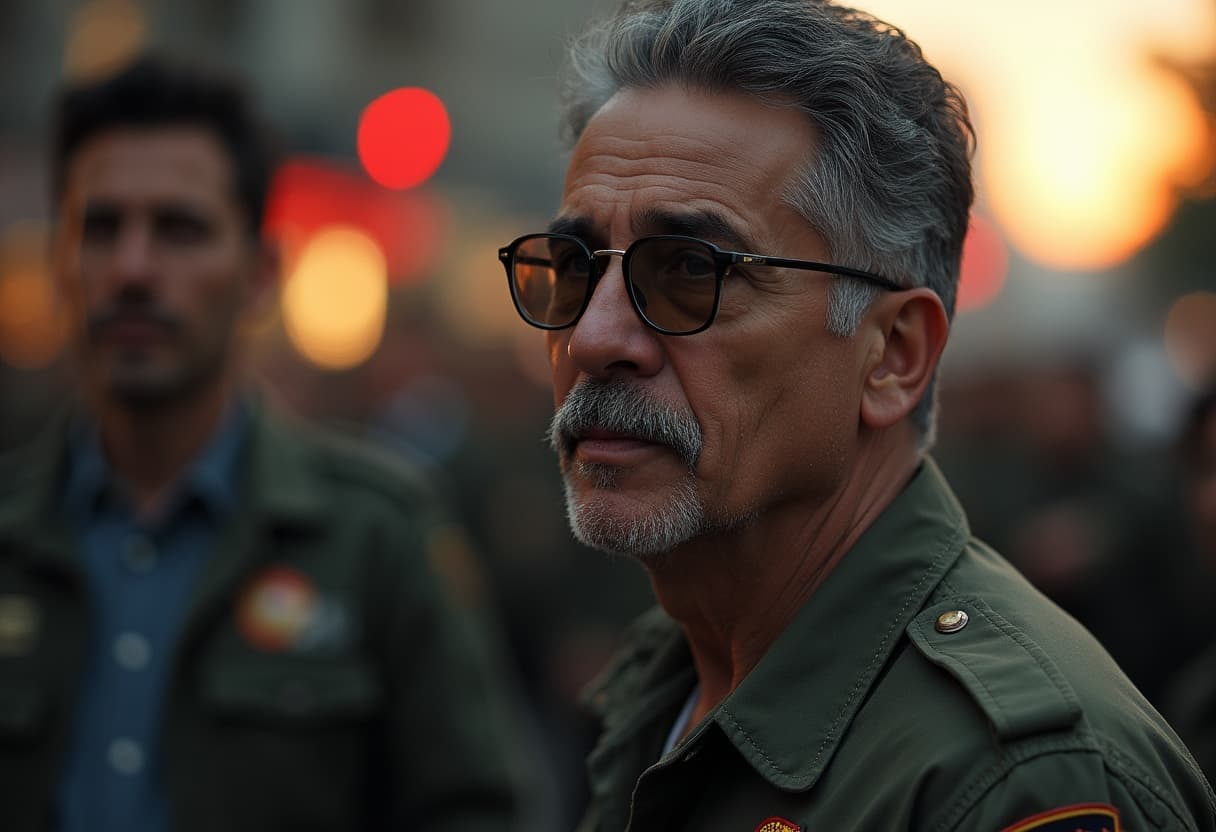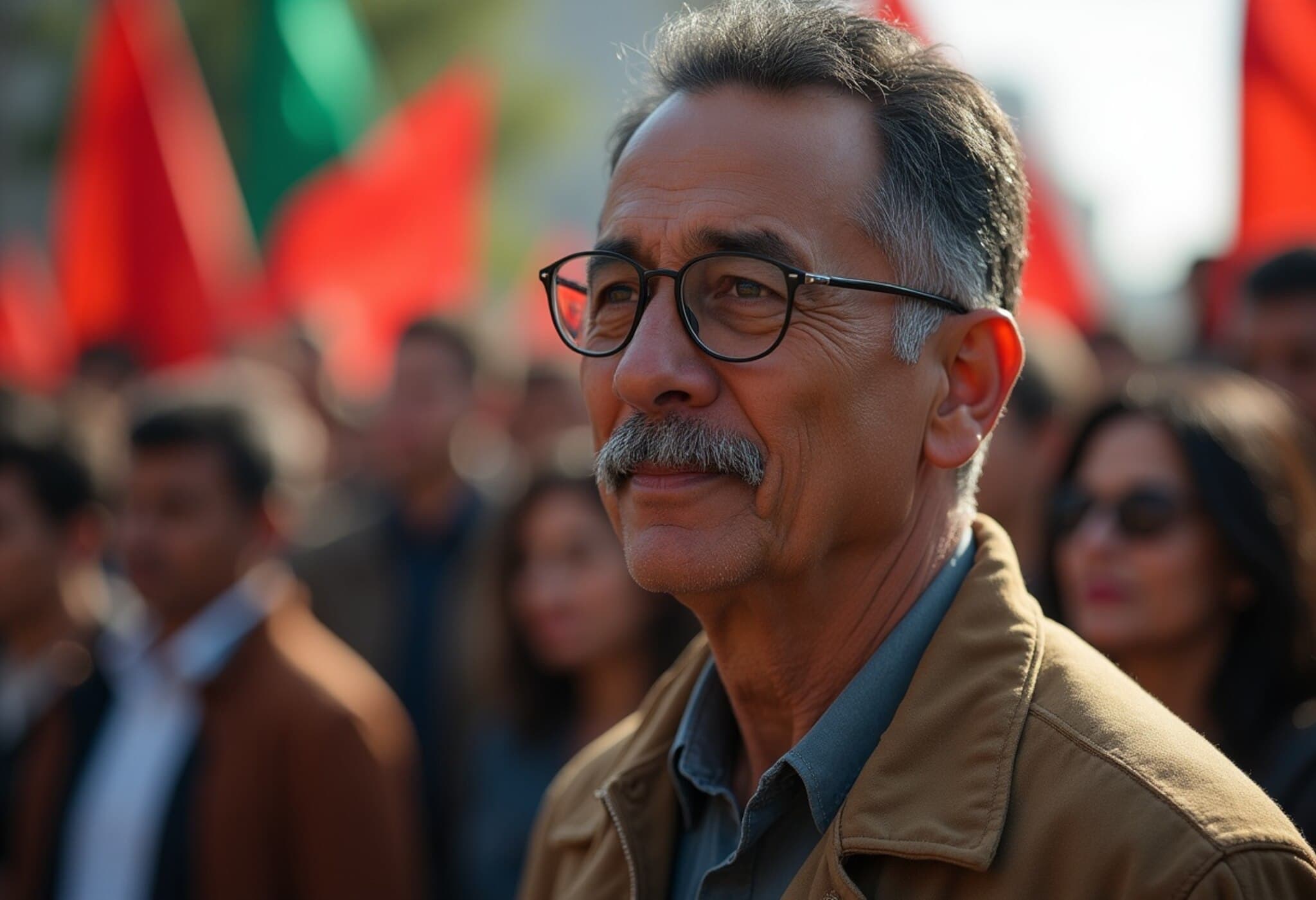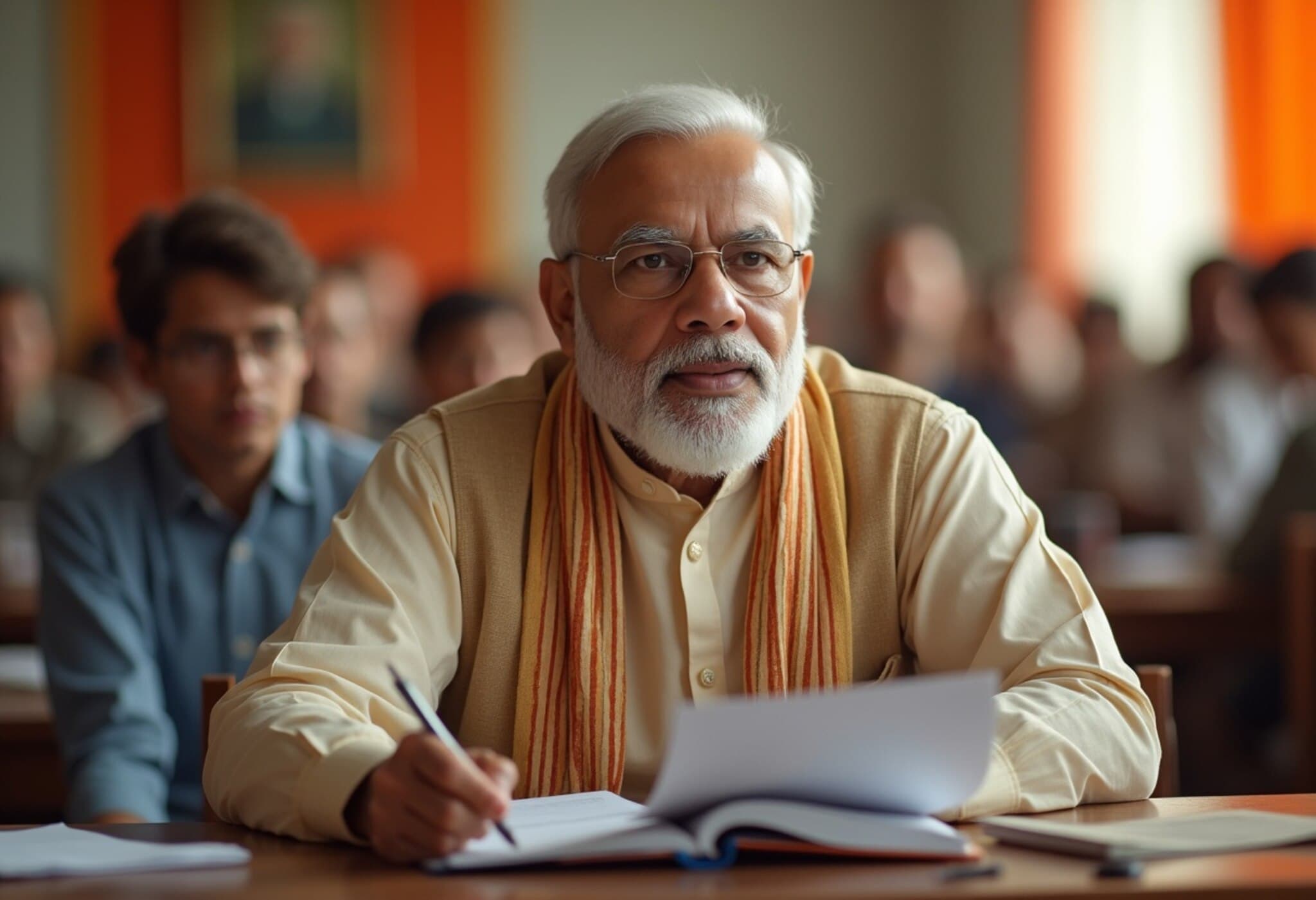El Salvador's Political Crossroads: Bukele's Consolidation of Power
In a watershed moment for El Salvador’s democracy, the nation’s Congress voted to abolish presidential term limits, effectively paving the way for President Nayib Bukele to remain in office indefinitely. This decision has deepened the divide between those who view Bukele as a transformative leader restoring safety and those who fear he is steering the country toward authoritarianism.
The Popular Savior for Many Salvadorans
Once notorious as the “murder capital of the world,” El Salvador has undergone a striking turnaround under Bukele’s leadership. Through an aggressive crackdown on gangs—long a blight on the country’s social fabric—homicide rates have plummeted from thousands to fewer than 1,000 per year, now even lower than Canada’s. For the average Salvadoran, the streets are safer, children can play outside, and businesses operate free from the constant threat of extortion.
Many citizens like Cecilia Lemus, a salon owner in San Salvador, express cautious optimism. "Maybe in 10 years I'll think differently, but right now, I’m okay with him staying in power,” she says, reflecting a pragmatic trade-off for security.
The Rising Alarm: Erosion of Democratic Norms
Yet, the constitutional overhaul—scrapping term limits, extending presidential terms from five to six years, eliminating run-off elections, and moving elections up to 2027—raises serious concerns. Human rights groups warn that Bukele’s consolidation mirrors troubling patterns in other Latin American nations where democratic backsliding preceded authoritarian rule.
Critics point out that Bukele has dismantled traditional checks and balances, orchestrated mass arrests leaving over 80,000 people behind bars, and suppressed dissent, including targeting journalists and activists. The government’s silence on protests and its disregard for widespread opposition—like the Catholic bishops’ denunciation of policy changes—have fostered a disturbing climate of fear and self-censorship.
Expert Analysis: The Fragile Balance of Popularity and Power
Steven Levitsky, Harvard political scientist specializing in Latin America, notes that leaders who resolve acute crises often garner overwhelming public support initially. “Bukele’s ‘blank check’ from the electorate won’t last forever, so he’s institutionalizing his hold while support prevails,” he warns.
Economically, the picture is more nuanced. Despite gains in security, El Salvador’s growth has lagged behind regional neighbors. Borrowing heavily from the pension fund to sustain public spending casts long shadows over fiscal sustainability. With roughly a third of Salvadorans living in poverty, many citizens yearn for substantive economic reforms and social programs alongside safety improvements.
US Influence and Regional Implications
El Salvador’s trajectory is also shaped by US politics. Under the Biden administration, concern over human rights abuses led to increased scrutiny and criticism of Bukele’s approach. However, with Donald Trump’s return to office, the focus on human rights enforcement has waned, providing a tacit environment in which Bukele’s policies face fewer external pressures.
The broader Latin American region watches keenly. Some neighbors quietly observe Bukele’s model as a possible template for combating gang violence, though they remain hesitant to openly endorse the erosion of democratic practices.
Human Stories Behind the Headlines
For families like that of Reyna Isabel Cornejo, who lost contact with her son after his arrest under Bukele’s aggressive security measures, the political shifts have profound personal consequences. "He’s brought safety, but at a terrible cost," she reflects, encapsulating the painful trade-offs faced by many Salvadorans.
Looking Ahead: Questions for El Salvador and Beyond
- Can Bukele maintain public support as economic and social challenges grow?
- Will the international community tighten or relax oversight under shifting US priorities?
- What safeguards remain to prevent democratic erosion into authoritarianism?
- How will El Salvador’s example influence governance across Latin America?
Editor’s Note
El Salvador stands at a crossroads where security gains meet unsettling political shifts. President Bukele’s blend of popularity and power consolidation offers a cautionary tale of democracy’s fragility amid crisis. As ordinary Salvadorans experience safer streets but face rising authoritarianism and stalled economic progress, the international community must grapple with balancing support for stability against the imperative to uphold democratic freedoms.
For policymakers and citizens worldwide, the El Salvador story raises enduring questions: how much power is too much, even when wielded by a popular leader? And can societies find durable solutions that protect safety without sacrificing the hard-won liberties that underpin trust and prosperity?

